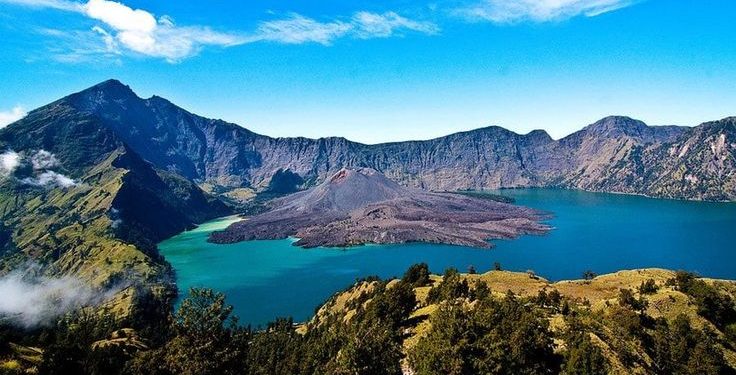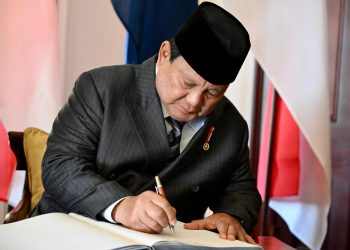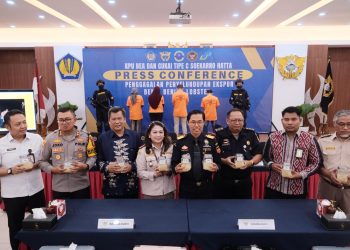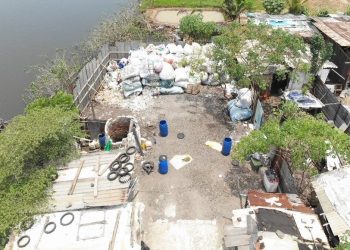Jakarta, Indonesia Sentinel — To improve safety protocols on Mount Rinjani, the provincial government of West Nusa Tenggara (NTB) is forming a specialized mountain rescue and evacuation team, following the recent fatal fall of Brazilian hiker Juliana Marins.
The initiative announced by NTB Communication and Information Agency Head Yusron Hadi, is a direct response to Governor Lalu Muhamad Iqbal’s directive to overhaul the mountain’s climbing management system.
“The Governor has coordinated with the Minister of Forestry and Mount Rinjani National Park officials to support improvements,” Yusron said on Thursday (July 3), as reported by Antara.
In the first phase, 12 local residents familiar with Rinjani’s terrain will be trained as rescue personnel. The program includes a 10-day intensive course led by certified national and international instructors from the Indonesian Rock Climbing Federation (FPTI).
Graduates will receive certifications from both FPTI and the International Climbing and Mountaineering Federation (UIAA), aligning the rescue standards with international benchmarks.
Governor Iqbal emphasized the critical role of local guides and porters, noting their deep familiarity with the mountain’s geography. “Local residents are the most prepared. They’re on the trails daily, know the danger zones, alternative paths, and are physically acclimated,” he stated in an official release on Thursday.
He added that trained individuals will be expected to pass their knowledge on to other Rinjani guides and porters, expanding the region’s emergency response capacity.
Read Also:
Brazilian Tourist Dies After 600-Meter Fall into Ravine on Mount Rinjani
Beyond personnel training, the governor has also mandated the installation of more safety signs and warning markers, especially in hazardous areas along the trekking routes. Plans also include improving trail infrastructure and establishing designated evacuation posts to streamline rescue operations during emergencies.
Haris Sulistianto, founder of FPTI and Vertical Rescue Indonesia, praised the initiative, clarifying that the new team will not be part of Indonesia’s official search and rescue agency (Basarnas).
“We’re not creating a private SAR. This team supports existing government efforts. Basarnas already carries a heavy national load,” Haris said. “This way, help can arrive even before official responders do, which is why it’s crucial the team is made up of locals.”
(Raidi/Agung)


























